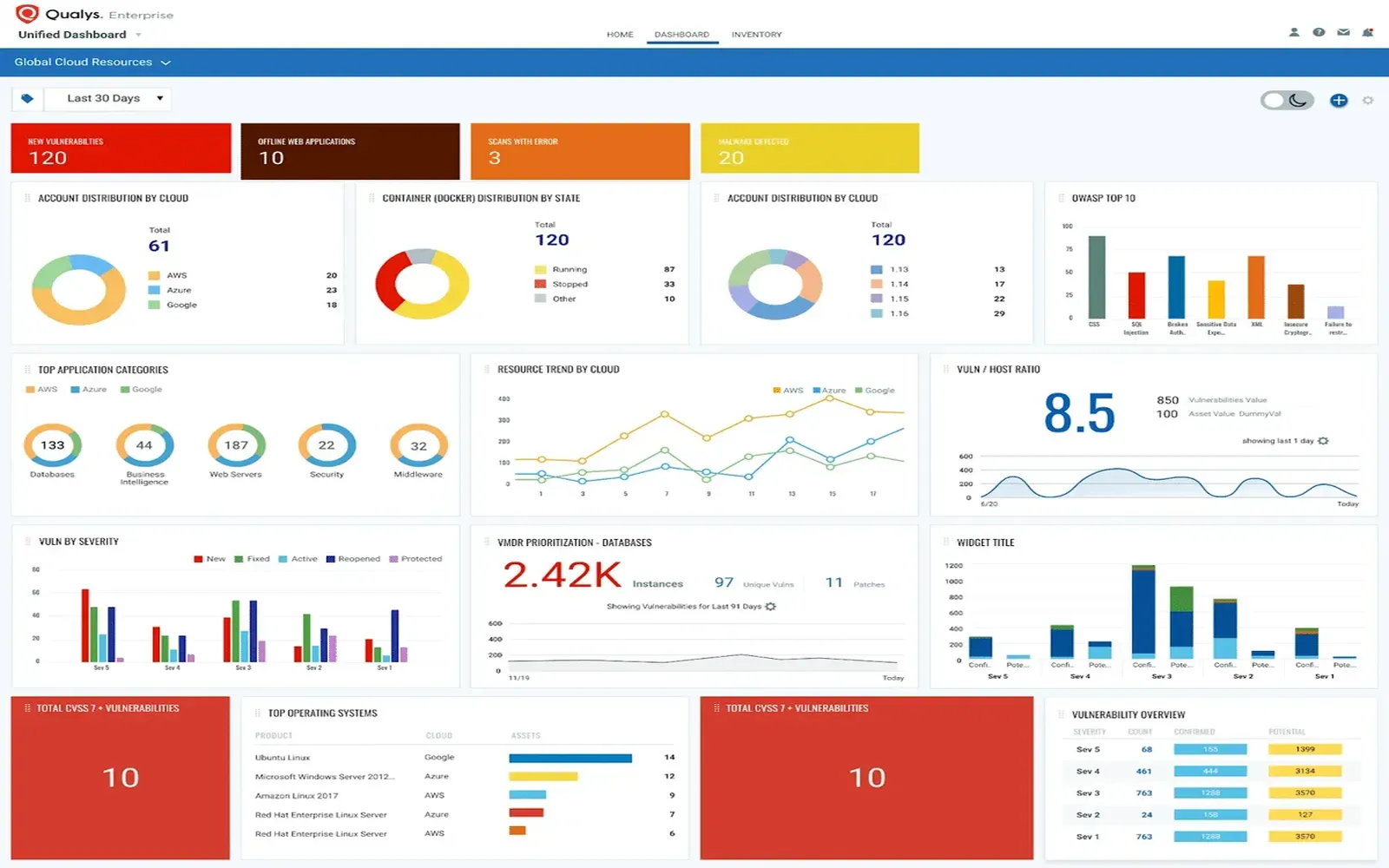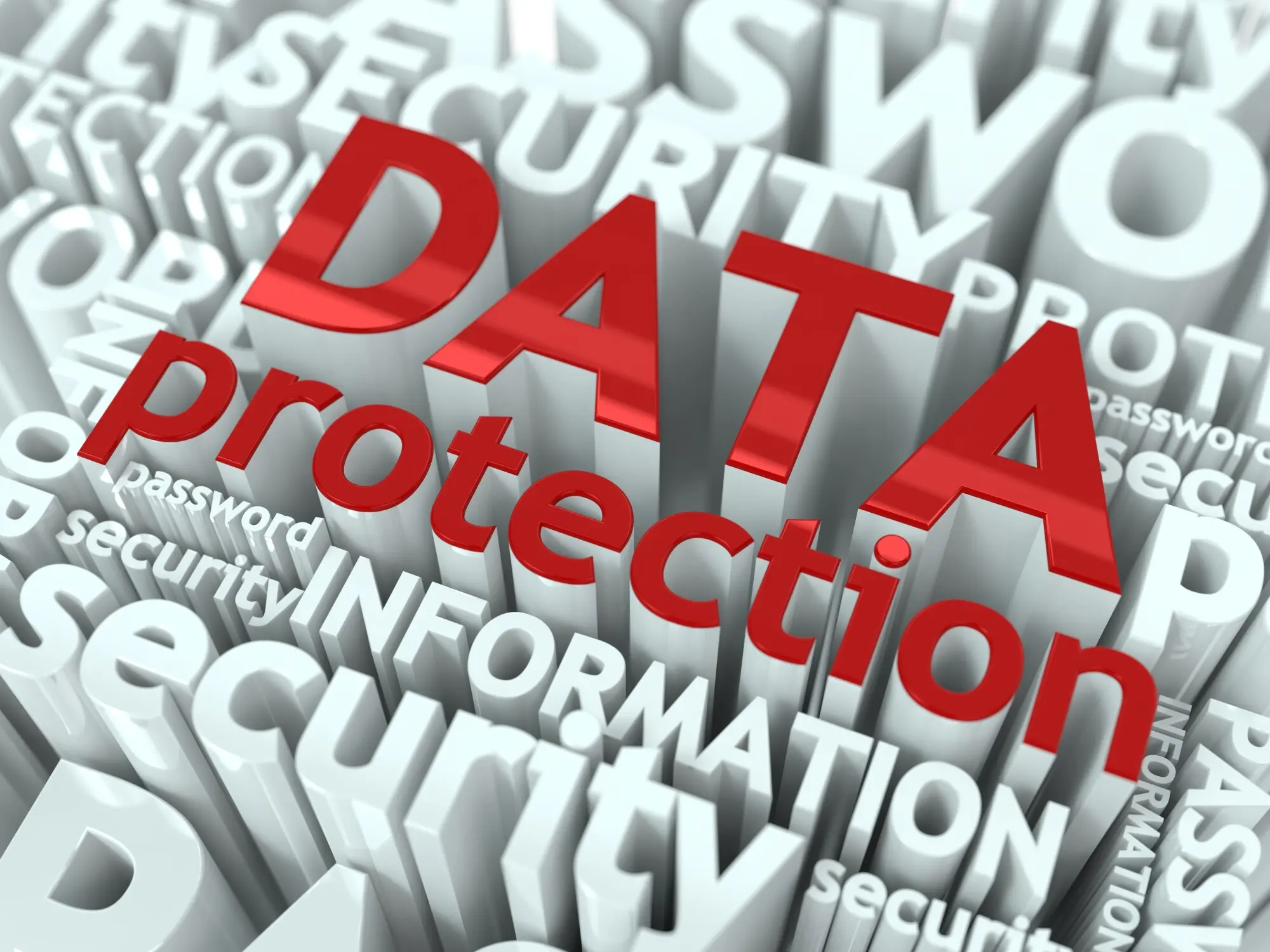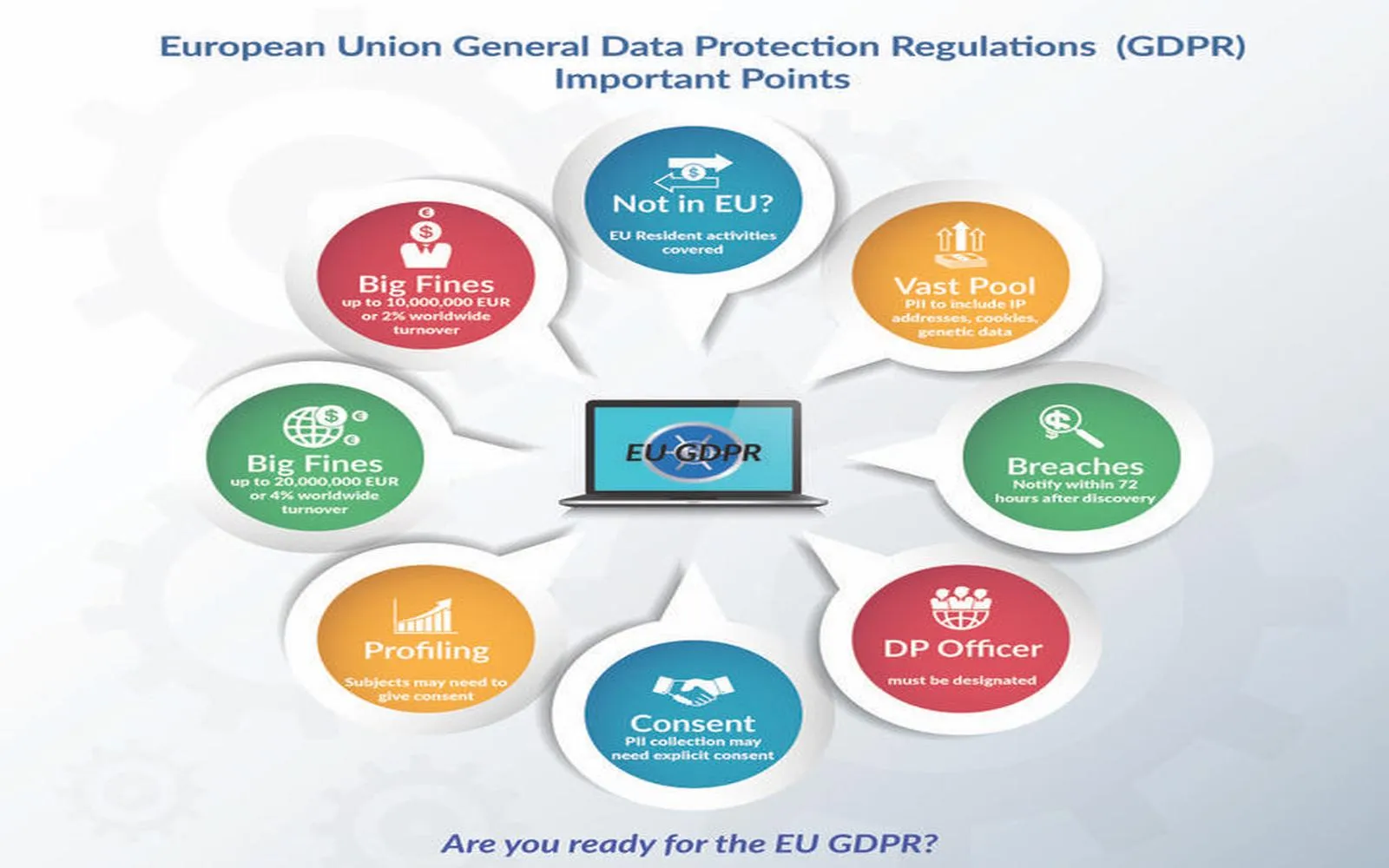Secure Data Protection Services: Safeguarding Your Business and Personal Data
In today’s digital landscape, where vast amounts of personal and business data are generated, stored, and transmitted every second, ensuring robust data protection is more critical than ever. With cyber threats on the rise, businesses and individuals need secure data protection services to safeguard their information from breaches, theft, and loss. These services are designed to prevent unauthorized access, reduce the risk of data loss, and ensure compliance with data protection regulations.
What Are Secure Data Protection Services?
Secure data protection services encompass a range of solutions and technologies designed to protect sensitive data. These services typically include data encryption, backup, disaster recovery, network security, and compliance management. The goal is to ensure that data remains confidential, intact, and available when needed, even in the event of a cyber attack or system failure.
Why Data Protection is Crucial
1. Cybersecurity Threats
Hackers, cybercriminals, and malicious insiders can exploit vulnerabilities in your systems to gain unauthorized access to sensitive data. Data protection services implement advanced security measures to prevent unauthorized access, minimizing the risk of data breaches and identity theft.
2. Data Loss Prevention
Data loss can occur due to system failures, hardware malfunctions, accidental deletions, or natural disasters. Secure data protection services implement backup solutions that store your data in multiple locations, ensuring that it can be recovered in case of loss or damage.
3. Regulatory Compliance
Businesses in many industries must adhere to stringent data protection regulations such as the GDPR (General Data Protection Regulation), HIPAA (Health Insurance Portability and Accountability Act), and PCI DSS (Payment Card Industry Data Security Standard). Secure data protection services help ensure compliance with these regulations, avoiding costly fines and reputational damage.
4. Business Continuity
Data is at the heart of modern businesses. A data breach, loss, or corruption can disrupt operations, leading to downtime, financial losses, and customer dissatisfaction. By protecting data, businesses can ensure continuity and minimize operational disruptions.
Types of Secure Data Protection Services
1. Data Encryption
Encryption is one of the most effective ways to secure data. It converts readable data into an unreadable format that can only be deciphered with a decryption key. Data encryption services protect data during transmission and while stored on servers or devices, making it nearly impossible for unauthorized users to access or interpret the information.
2. Cloud Backup Services
Cloud backup services automatically back up data to remote servers, ensuring that it is securely stored offsite and can be restored in case of system failure or disaster. Cloud backup providers often use encryption and redundancy to protect data from cyber threats and accidental loss.
3. Disaster Recovery Solutions
Disaster recovery (DR) services are essential for recovering data and restoring systems in case of an unexpected event, such as a cyber attack, hardware failure, or natural disaster. DR solutions ensure that critical business data can be restored quickly, minimizing downtime and data loss.
4. Network Security
Network security services protect data as it moves across your network, defending against threats such as malware, viruses, and phishing attacks. These services include firewalls, intrusion detection systems (IDS), and secure VPNs that prevent unauthorized access and ensure that data remains safe while in transit.
5. Endpoint Protection
Endpoint protection services secure the devices used to access your network, such as laptops, smartphones, and desktops. These services protect endpoints from cyber threats, ensuring that sensitive data is not exposed through compromised devices.
6. Data Loss Prevention (DLP)
Data loss prevention services help monitor and control the movement of sensitive data within and outside your organization. DLP tools detect potential leaks or unauthorized sharing of data, ensuring that it is not improperly accessed, transferred, or used.
7. Compliance Management Services
For businesses in regulated industries, compliance management services are essential to meet legal and regulatory data protection requirements. These services help implement security measures that align with laws such as GDPR, HIPAA, and others, ensuring that data is handled in accordance with industry standards.
Key Benefits of Secure Data Protection Services
1. Improved Security
By implementing data protection solutions such as encryption and secure backups, you significantly enhance the security of your business data, making it harder for cybercriminals to exploit vulnerabilities.
2. Reduced Risk of Data Breaches
Data breaches can cause significant damage to your business reputation and financial standing. Secure data protection services minimize the risk of breaches, protecting your sensitive information from hackers and malicious actors.
3. Business Continuity and Recovery
In the event of a cyber attack, hardware failure, or other disaster, having robust data protection services in place ensures that your business can recover quickly, minimizing downtime and preventing long-term disruptions.
4. Regulatory Compliance
By using data protection services, businesses can comply with privacy regulations, avoiding fines, lawsuits, and damage to their reputation. Compliance with laws like GDPR, HIPAA, and PCI DSS ensures that data is handled securely and ethically.
5. Cost Savings
While data protection services come with an initial investment, they help prevent costly data breaches, lawsuits, and fines associated with non-compliance. Additionally, cloud-based backup services reduce the cost of maintaining physical infrastructure and provide a scalable solution as your business grows.
Choosing the Right Data Protection Service
When selecting a data protection service, it’s important to evaluate your specific needs, industry requirements, and the level of protection you need. Here are a few tips to guide your decision:
- Understand Your Data Risks: Assess the type of data you handle (e.g., personal, financial, intellectual property) and identify the potential risks to your business. This will help you select the right solutions to mitigate those risks.
- Compliance Needs: Ensure that the data protection services you choose comply with any relevant regulations or standards required by your industry.
- Scalability: Choose services that can grow with your business. As your business expands, you’ll need solutions that can handle increased data volume and complexity.
- Cost vs. Benefit: While it’s important to secure your data, consider the costs involved and weigh them against the benefits. Look for a provider that offers a balance of security, scalability, and affordability.
Conclusion
Secure data protection services are essential for any business that handles sensitive information. With the growing threat of cyberattacks and increasing regulatory requirements, investing in robust data protection solutions ensures that your data is safe, your business stays compliant, and you can recover quickly from potential disasters. Whether you need encryption, cloud backup, or compliance management, these services offer peace of mind, knowing that your data is in safe hands.
Explore

Data Protection: Safeguarding Information in a Digital World

Top Cloud Security Providers: Safeguarding Your Data in the Digital Age

Guarding Your Digital Fortress: Essential Data Protection Services for a Safer Tomorrow

Top 10 Reliable Cloud Backup Services: Secure Your Data with Confidence

What Is Data Protection and Why It Matters in 2025

Data Security Management: Essential Strategies for Protection

Best Cloud Security Services to Protect Your Business Data

Retirement Financial Advisors – Secure Your Future with Expert Guidance
